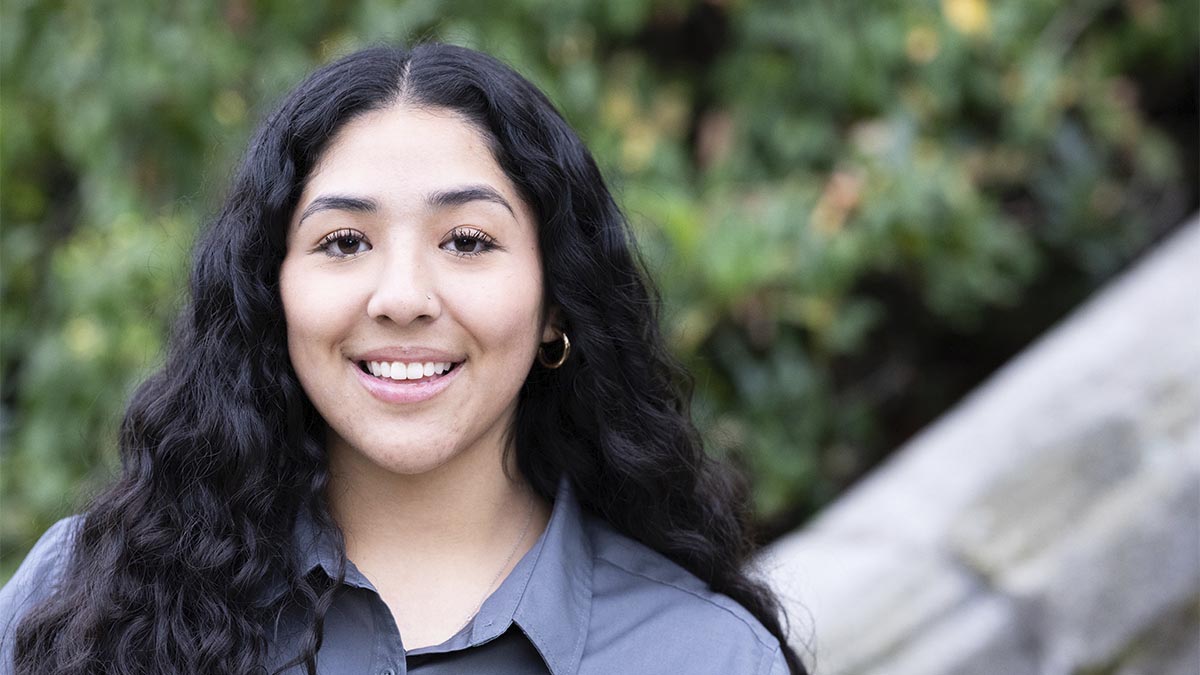

AVFS student gains experience through undergrad research.
Read the Story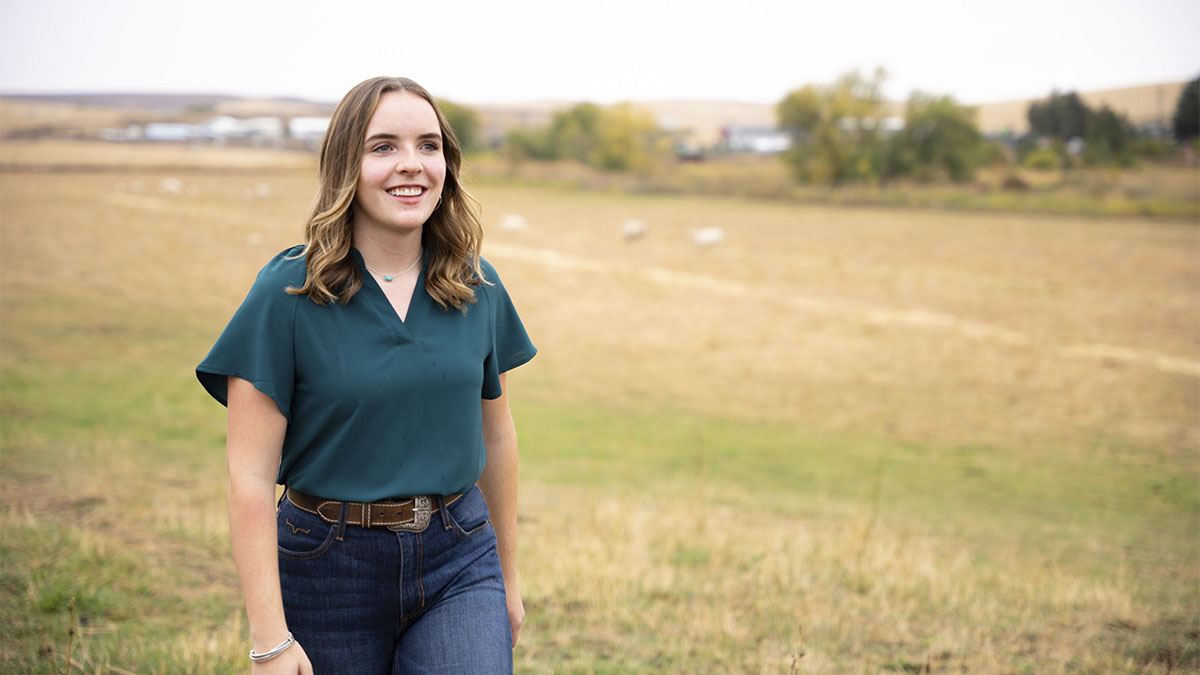
CALS student gains experience with Beef Northwest
read the story
Join CALS student Bailey Strange-Covey for a tour of our sheep facilities.
Watch the Video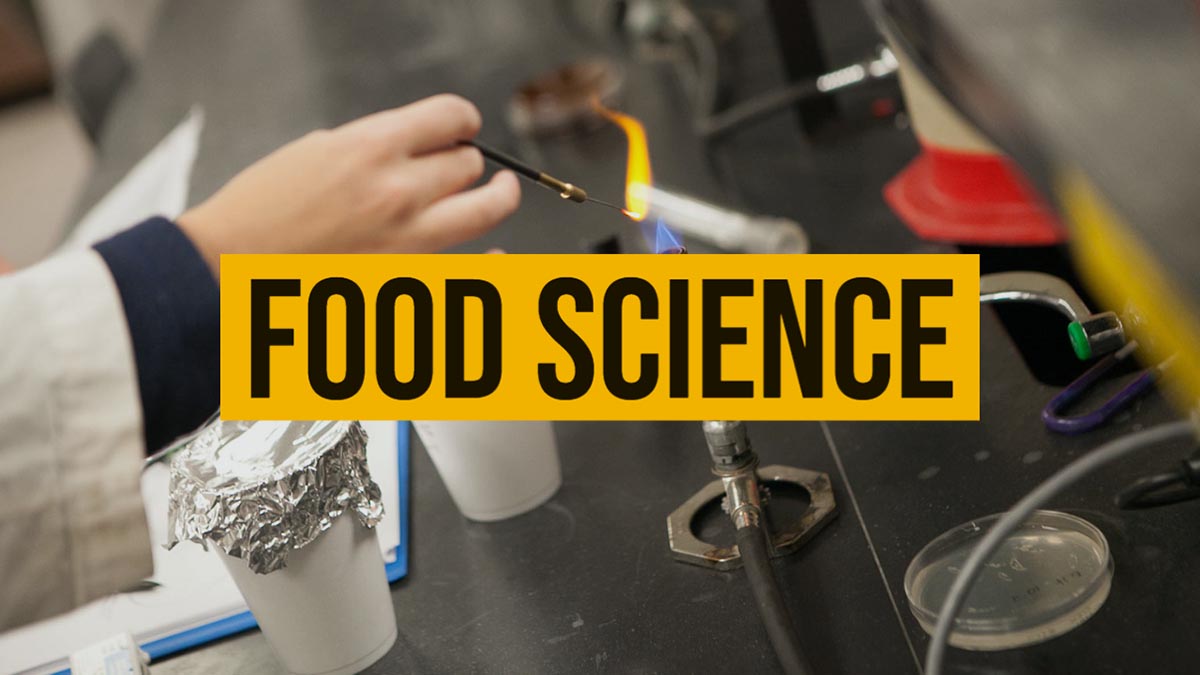
A degree in food science will help Lydia Waterman achieve her goal of becoming a product developer.
Watch the Video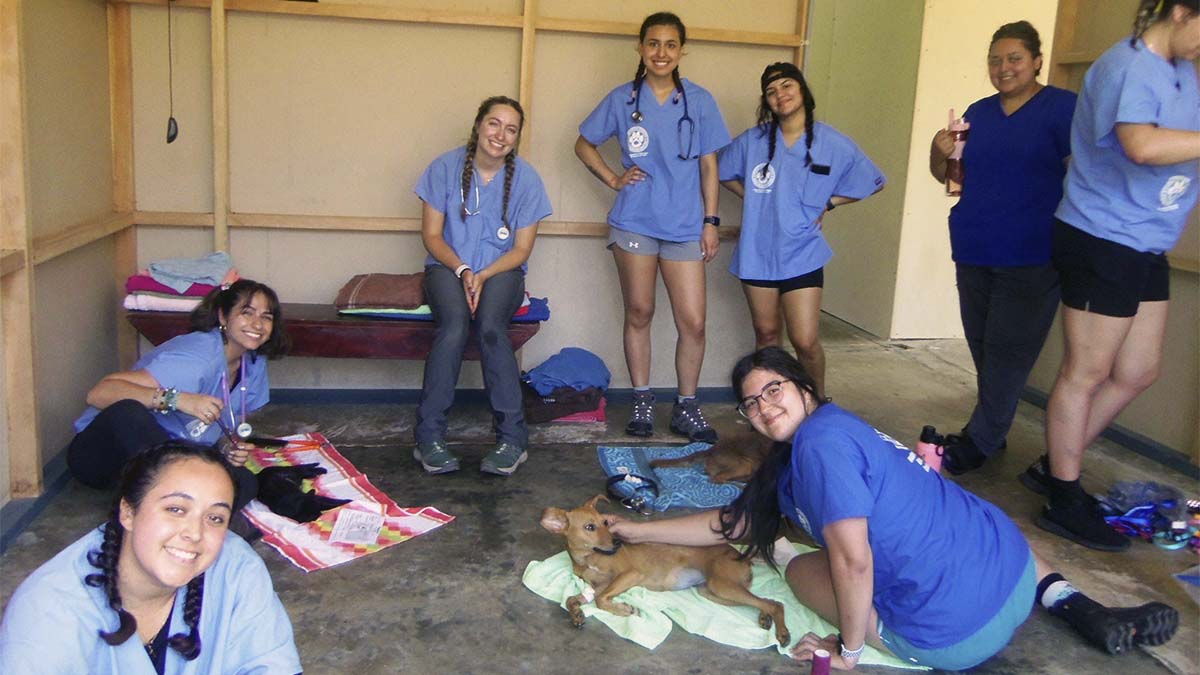
AVFS student gains hands-on experience in Costa Rica
Read the story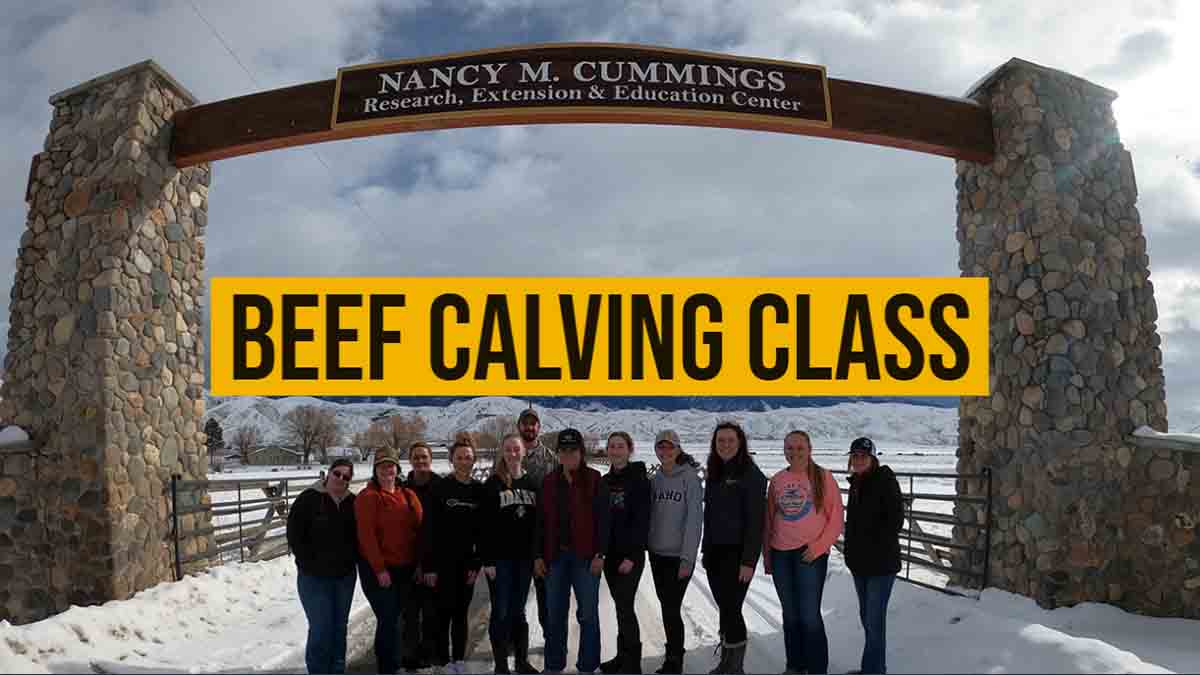
CALS students experience beef calving first-hand as part of the AVS 318 course.
Watch the Video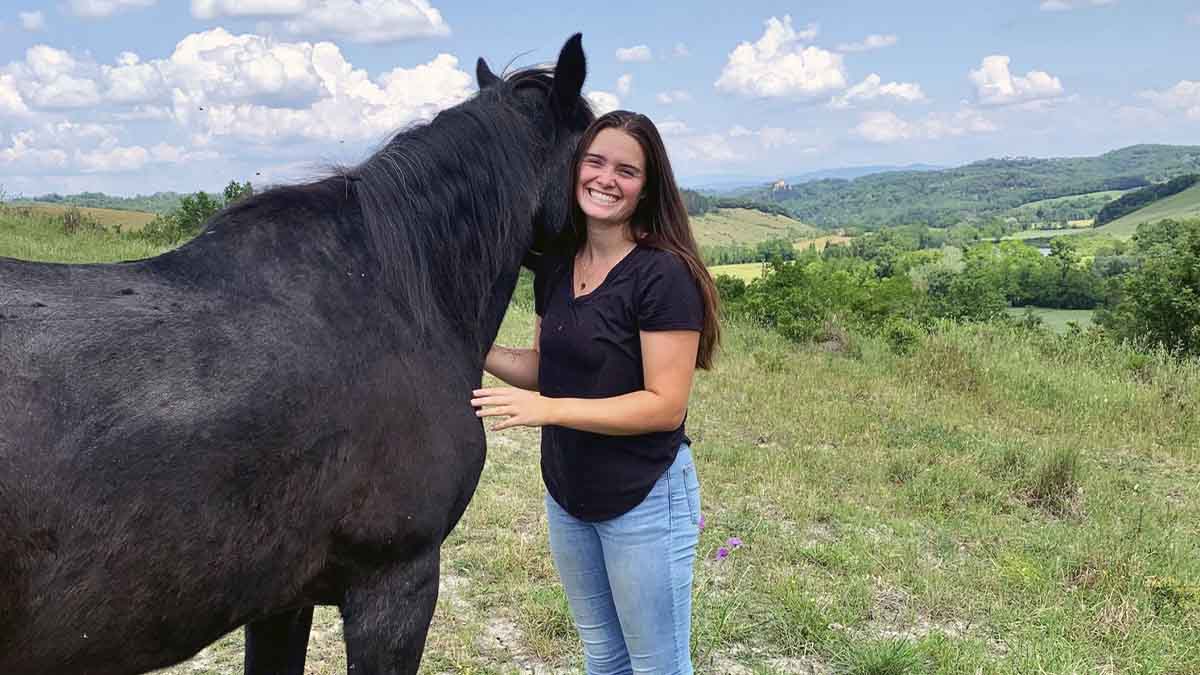
CALS student shadows veterinarians in Italy.
read the story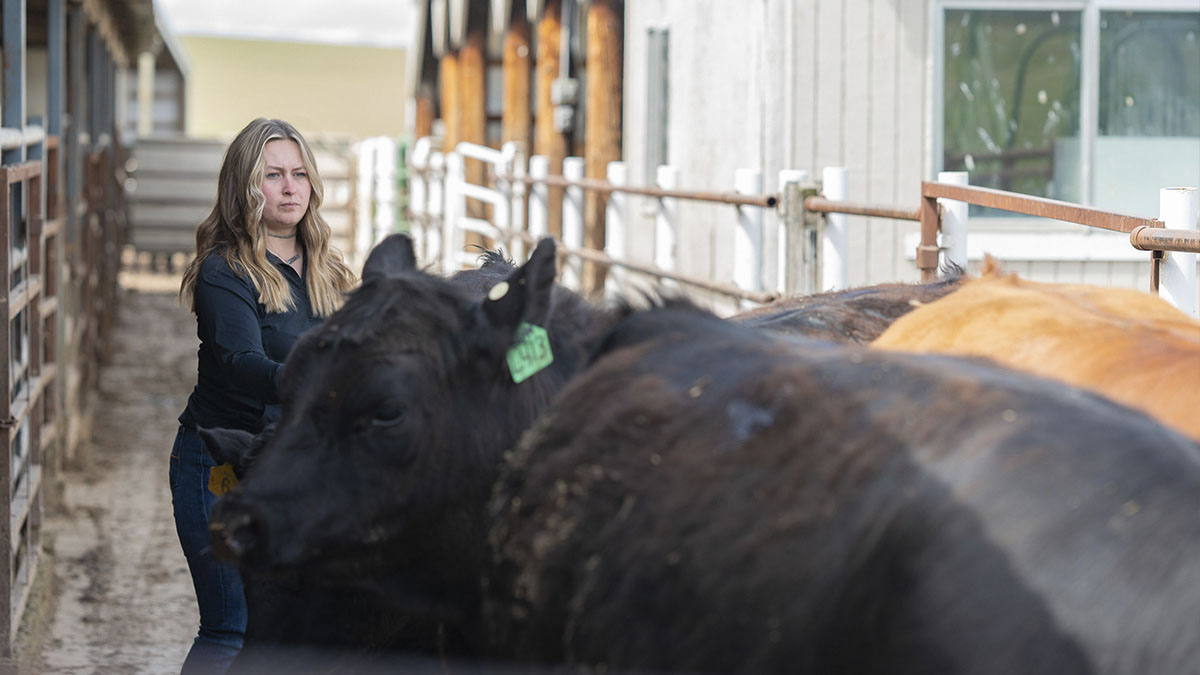
Steer-a-Year experience leads to career opportunity
read the story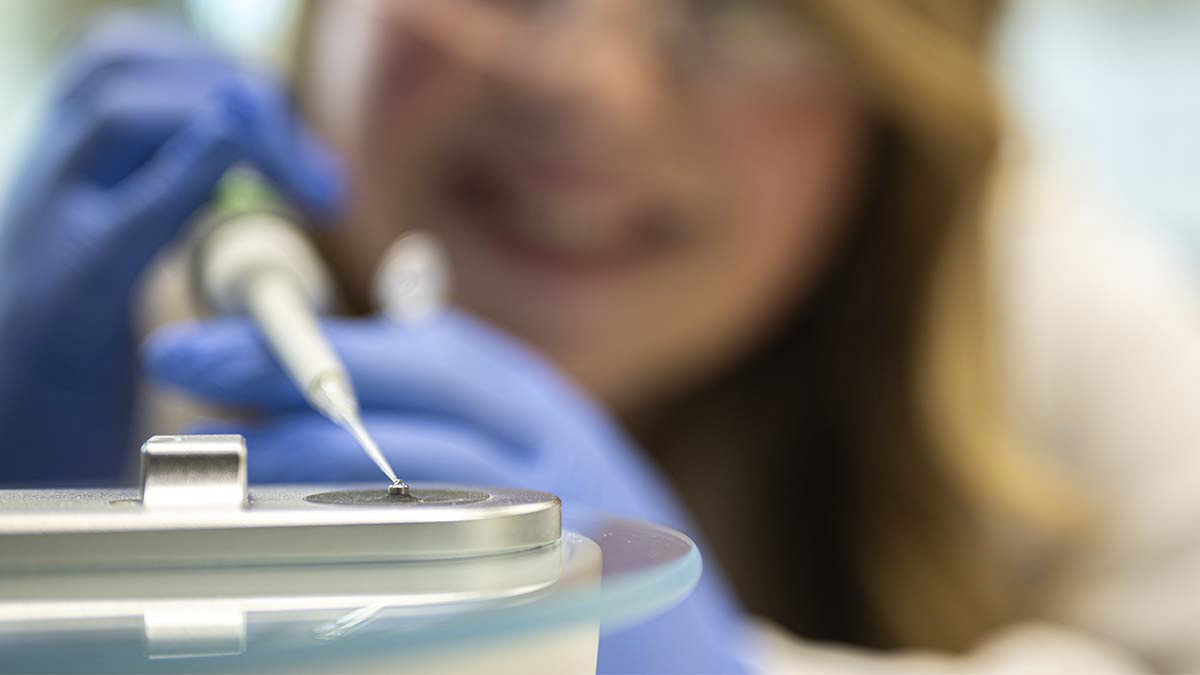
Investigating effects of maternal stress during lactation.
read the storyThe Department of Animal, Veterinary and Food Sciences conducts focused, comprehensive and integrated research and teaching programs that directly support animal agriculture and food science. The animal and veterinary science bachelor’s degree offers four options: business, dairy, pre-veterinary and production. This allows students to tailor their education to their specific interests and career goals. All students benefit from access to gain hands-on experience at on-campus facilities like Vandal Brand Meats and the beef, dairy and sheep centers.
The food science degree teaches students the chemistry, biology and engineering of food so that they can develop new, innovative products and improve on food quality. The degree is a cooperative program with Washington State University, giving students access to facilities and faculty experts at two research universities.
AVFS also offers master’s programs in animal science and food science, and doctorate programs in animal physiology and food science. Students in these programs work with professors who actively conduct research on a variety of topics and customize their programs based on research interests.
The range of expertise among AVFS faculty provides students with a diverse experience. Specialty areas include lactation biology, cattle reproduction, meat processing, meat quality, E. coli, grazing management systems, genetics, food processing, livestock genomics, wildfire smoke impact on cattle, ruminant nutrition, fish health and disease, food microbiology, food safety and more.
Faculty support Idaho’s producers through a variety of Extension programs, events and publications. The new Idaho Center for Agriculture, Food and the Environment will allow researchers to address critical problems of worldwide importance, including water usage and environmental quality.